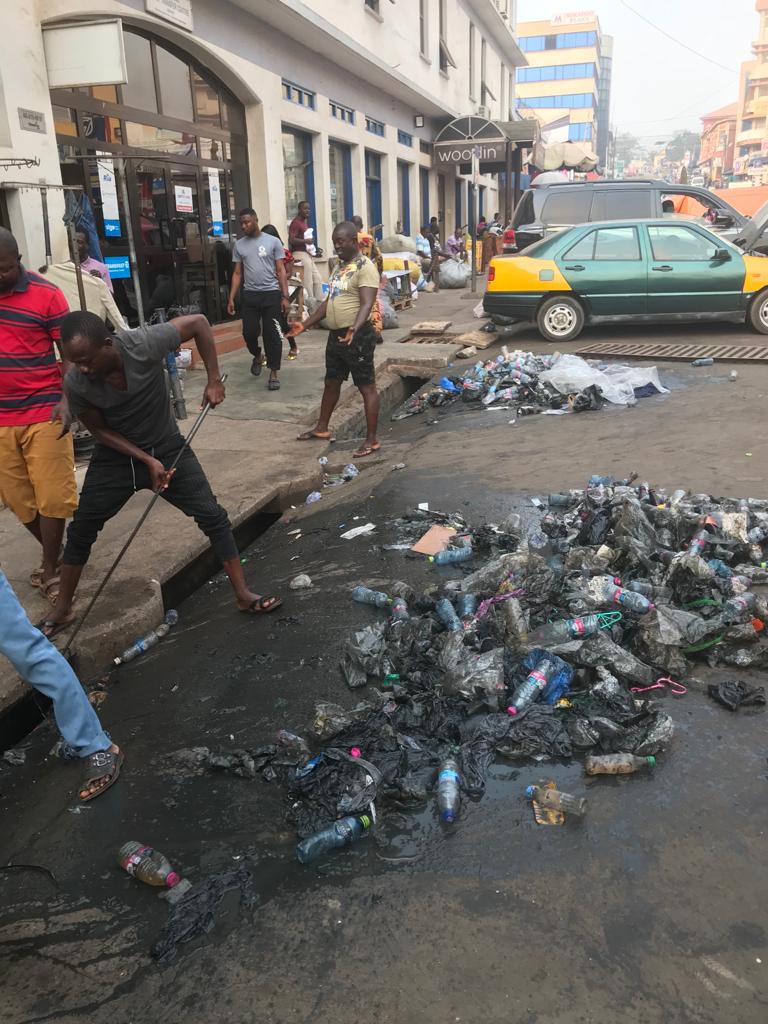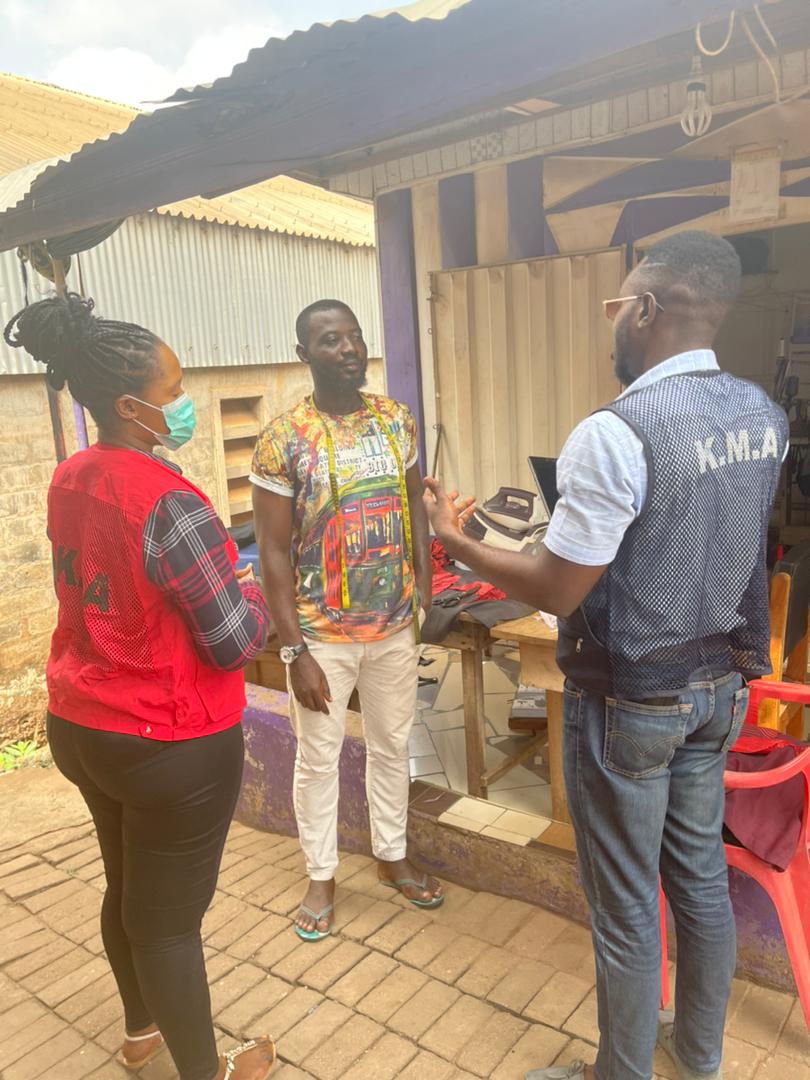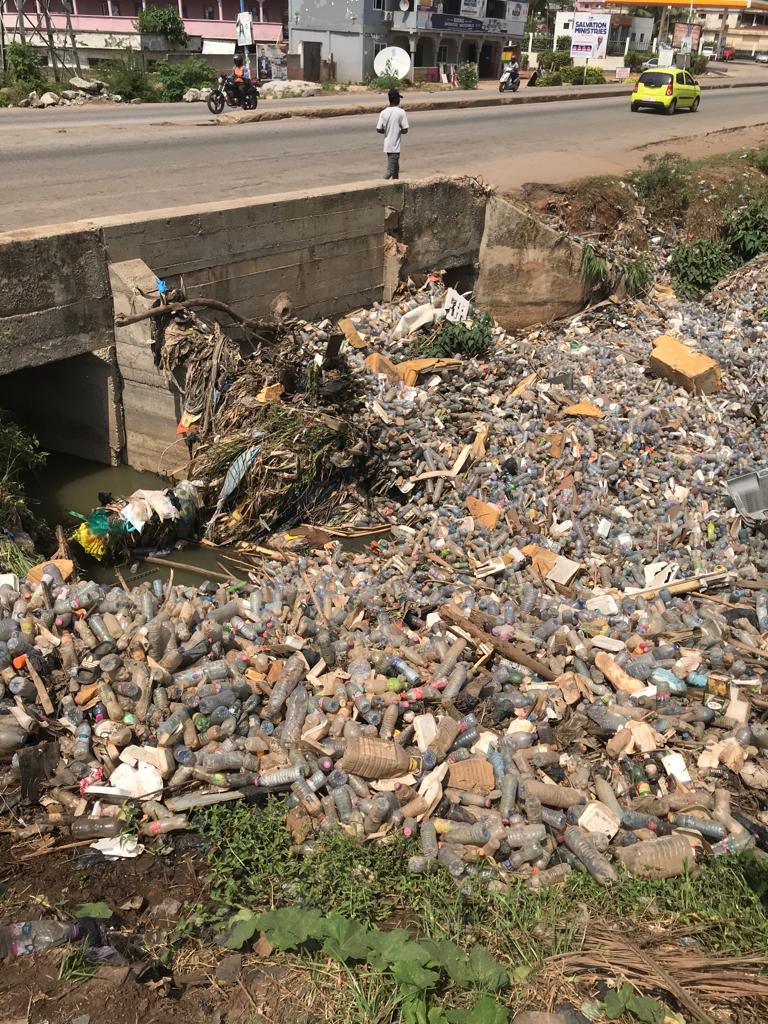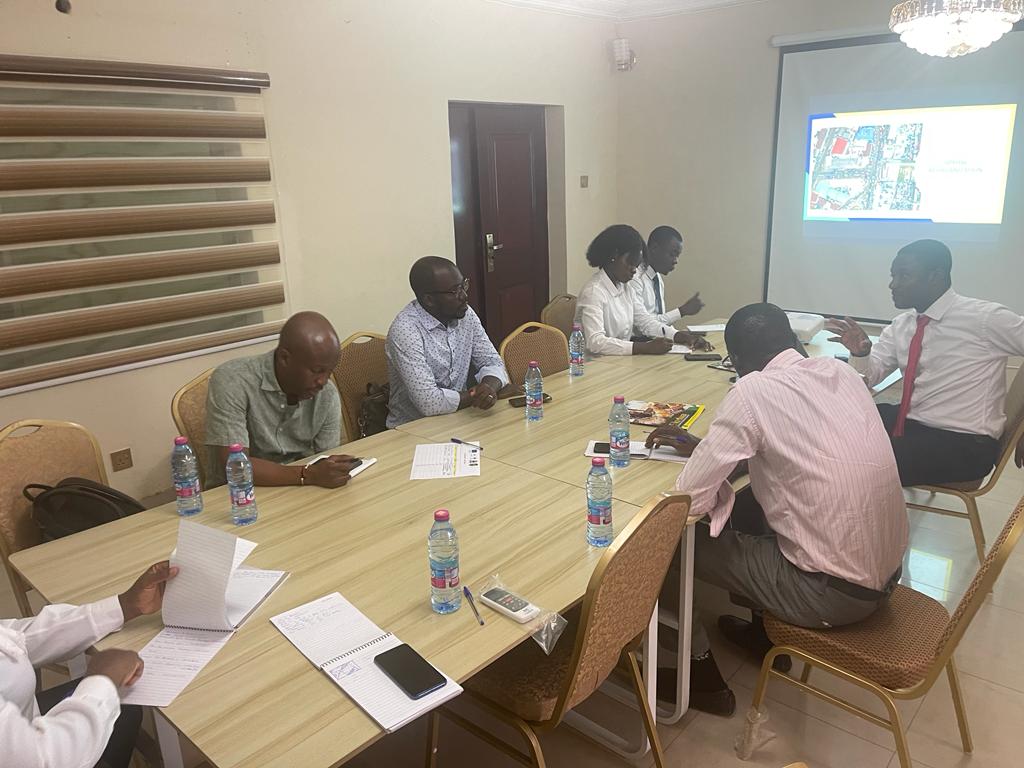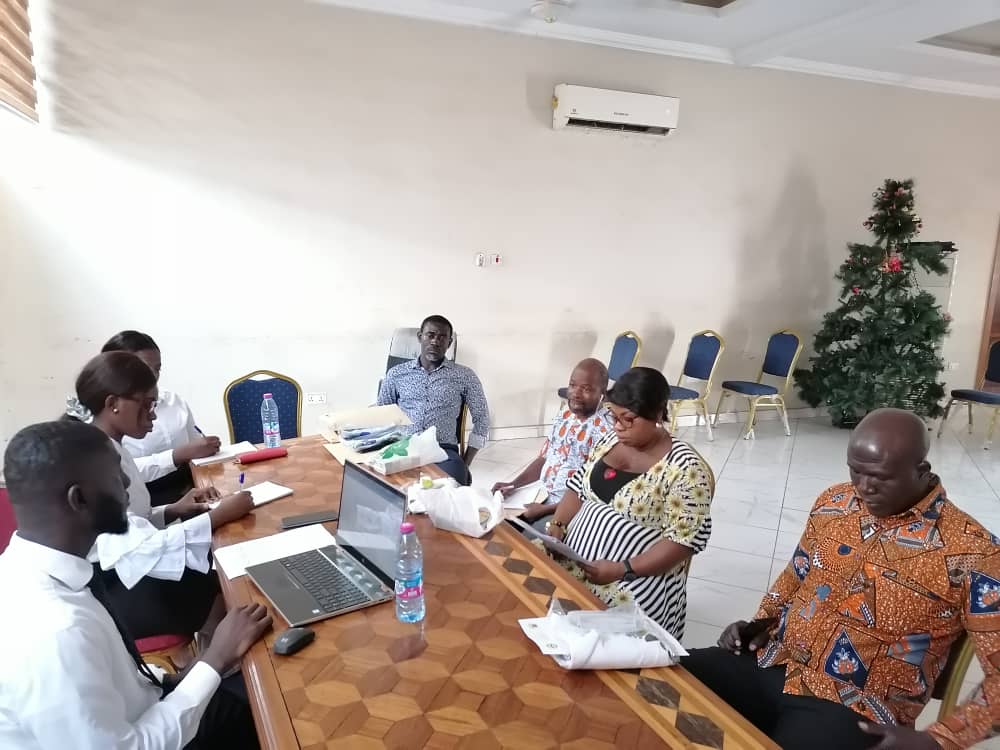Group your waste
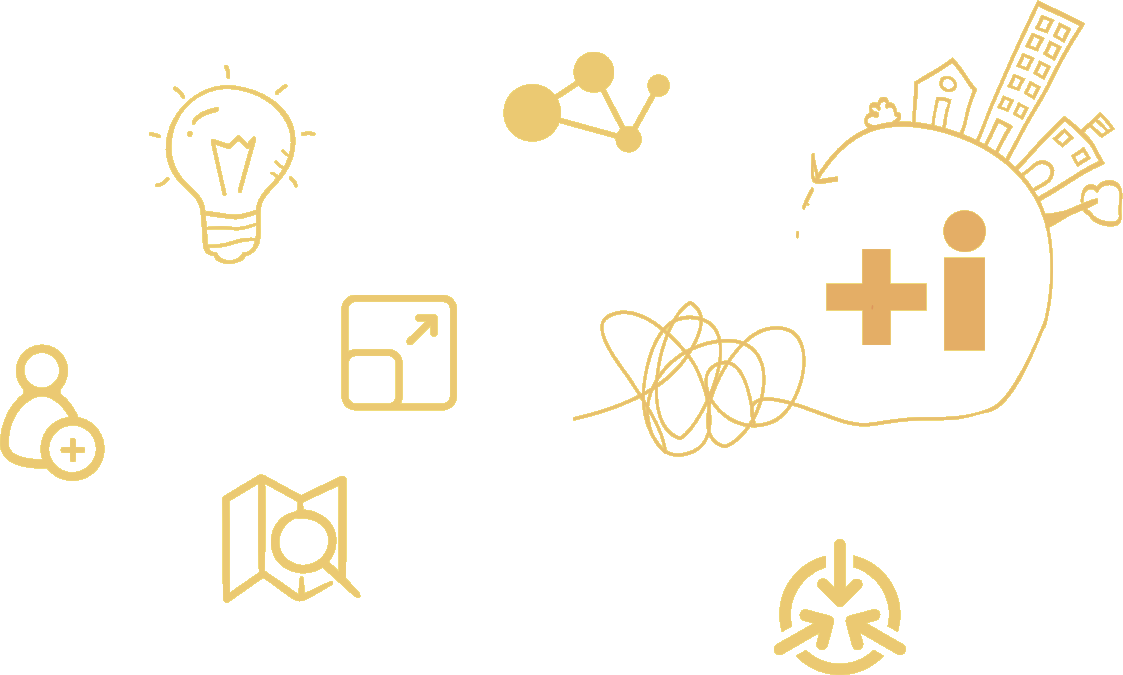
Municipality
Category / Sub-Category / Topic
Environment, Environmental management
Type of investment needed
Subsidy
The challenge
The project
Know more...
Investment
(*): In kind/pro bonus
(**): Financing
Funds
Needed
Covered
Solicited
Investment
(*): In kind/pro bonus
(**): Financing
(*)
u$s 250.00
u$s 250.00
u$s 0.00
(*)
u$s 6500.00
u$s 6500.00
u$s 0.00
(*)
u$s 400.00
u$s 400.00
u$s 0.00
(**)
u$s 50000.00
u$s 10445.00
u$s 39555.00
(*)
u$s 2000.00
u$s 2000.00
u$s 0.00
(*)
u$s 1905.00
u$s 1905.00
u$s 0.00
(**)
u$s 24500.00
u$s 11360.00
u$s 13140.00
(*)
u$s 420.00
u$s 420.00
u$s 0.00
(*)
u$s 1050.00
u$s 1050.00
u$s 0.00
(*)
u$s 912.00
u$s 912.00
u$s 0.00
(**)
u$s 13400.00
u$s 0.00
u$s 13400.00
(**)
u$s 20125.00
u$s 13000.00
u$s 7125.00
(*)
u$s 700.00
u$s 700.00
u$s 0.00
(**)
u$s 8280.00
u$s 1500.00
u$s 6780.00
(**)
u$s 110000.00
u$s 0.00
u$s 110000.00
Funds
Needed
Covered
Solicited
Stationary (*)
u$s 250.00
u$s 250.00
u$s 0.00
20 Tablets (*)
u$s 6500.00
u$s 6500.00
u$s 0.00
Personal protection equipment for 20 people who work in waste separation (*)
u$s 400.00
u$s 400.00
u$s 0.00
50 Waste containers (**)
u$s 50000.00
u$s 10445.00
u$s 39555.00
50 Container liners (*)
u$s 2000.00
u$s 2000.00
u$s 0.00
T-Shirts, banners, posters and flyers for sensitization programmes (*)
u$s 1905.00
u$s 1905.00
u$s 0.00
Funds
Needed
Covered
Solicited
23 Training Workshops for 6 months and 04 hours monthly (**)
u$s 24500.00
u$s 11360.00
u$s 13140.00
Event Organizing for 4 events of community engagement (*)
u$s 420.00
u$s 420.00
u$s 0.00
Consultant for 3 trainings in 3 months (*)
u$s 1050.00
u$s 1050.00
u$s 0.00
Hiring Venue for each training workshop within 8 months (*)
u$s 912.00
u$s 912.00
u$s 0.00
Construction of a community compost system (**)
u$s 13400.00
u$s 0.00
u$s 13400.00
Funds
Needed
Covered
Solicited
5 Supervisors and 20 Enumerators for 1 month (**)
u$s 20125.00
u$s 13000.00
u$s 7125.00
1 Data Analyst for 1 month (*)
u$s 700.00
u$s 700.00
u$s 0.00
Funds
Needed
Covered
Solicited
Vehicle hiring for events and activities (**)
u$s 8280.00
u$s 1500.00
u$s 6780.00
Seed funding for 20 trainees to open circular economy businesses (**)
u$s 110000.00
u$s 0.00
u$s 110000.00

